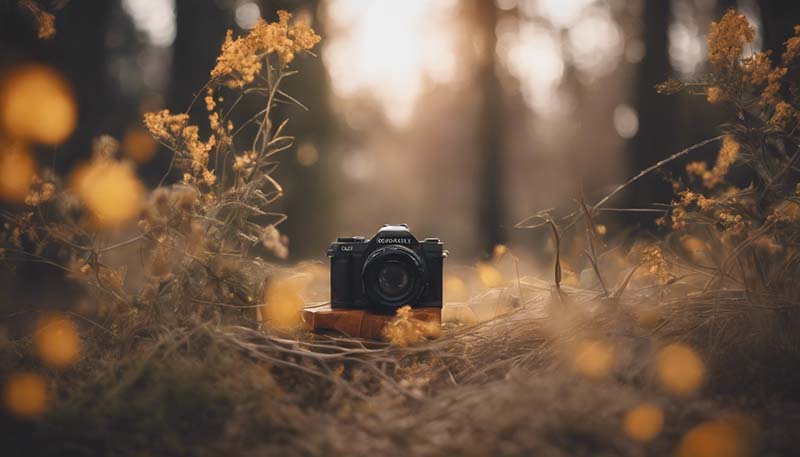Rustic Elegance: Blending Nature with Luxury
Rustic Elegance: Blending Nature with Luxury
Welcome to a world where the rugged beauty of nature meets the sophistication of luxury living. Rustic elegance is a design philosophy that combines the simplicity and charm of rural aesthetics with the comfort and refinement of upscale living spaces. This article explores the elements that make up this unique blend and offers insights into how you can achieve this harmonious balance in your own home.
The Essence of Rustic Elegance
Rustic elegance is more than just a design trend; it's a lifestyle choice that values authenticity, sustainability, and a deep connection to the natural world. It's about creating spaces that are warm, inviting, and in tune with the environment, while also providing the amenities and comforts that modern life demands.
Key Elements of Rustic Elegance
- Natural Materials: The foundation of rustic elegance is the use of natural materials such as wood, stone, and metal. These materials not only add texture and warmth to a space but also create a strong connection to the outdoors.
- Earthy Tones: A color palette that includes earthy tones like browns, greens, and grays helps to create a cohesive and calming atmosphere. These colors are reminiscent of nature and work well with the natural materials used in the design.
- Texture and Layering: Layering different textures is essential to achieving a rustic look. This can be done through the use of various fabrics, such as linens, wools, and cottons, as well as incorporating different types of wood and stone.
- Cozy Furnishings: Luxurious yet comfortable furniture is a must. Look for pieces that have a rustic charm, such as those made from reclaimed wood or with a distressed finish, and pair them with plush upholstery and soft textiles.
- Open Floor Plans: Open spaces that encourage interaction and flow are a hallmark of rustic elegance. This can be achieved by removing unnecessary walls and incorporating large windows to bring the outside in.
- Artisanal Craftsmanship: Handcrafted elements add a touch of luxury and uniqueness to the design. This can include custom furniture, pottery, or artwork that reflects the local culture and environment.
- Sustainable Practices: Embracing sustainability is key. This can involve using reclaimed or repurposed materials, incorporating energy-efficient appliances, and designing spaces that maximize natural light.
Creating Rustic Elegance in Your Home
Achieving rustic elegance in your home requires a thoughtful approach to design. Here are some steps to guide you through the process:
Advertisement
1. Start with a Vision
Before you begin, it's important to have a clear vision of what you want to achieve. Consider the following questions:
- What does rustic elegance mean to you?
- How do you want to feel when you're in your home?
- What are your favorite elements of nature that you'd like to incorporate?
2. Choose Your Materials Wisely
Next, select the materials that will form the backbone of your design. Opt for sustainable and locally sourced materials whenever possible. Here are some suggestions:
- Wood: Reclaimed wood, live-edge slabs, and wood with natural imperfections can add character and beauty.
- Stone: Natural stone like limestone, granite, or slate can be used for flooring, countertops, or as accents in walls.
- Metal: Rustic metals such as iron, brass, or copper can be used for lighting fixtures, hardware, or as accents.
3. Focus on Lighting
Lighting plays a crucial role in setting the mood and highlighting the textures and materials in your space. Consider a mix of natural light, ambient lighting, and task lighting:
- Natural Light: Large windows and skylights can bring in an abundance of natural light and connect your space to the outdoors.
- Ambient Lighting: Floor lamps, pendant lights, and wall sconces can create a warm and inviting atmosphere.
- Task Lighting: Use table lamps or under-cabinet lighting to illuminate specific areas for tasks or reading.
4. Incorporate Nature
Bring the outdoors in by incorporating elements of nature into your design. This can be as simple as:
- Plants: Indoor plants not only add life and color to a space but also improve air quality.
- Nature-Inspired Art: Artwork featuring landscapes, animals, or botanicals can serve as a focal point and connect your space to the natural world.
- Natural Fragrances: Use candles, essential oils, or potpourri with natural scents to evoke the feeling of being outdoors.
5. Accessorize with Care
Finally, accessorize your space with items that add to the rustic elegance theme. This can include:
- Rustic Decor: Items like antler chandeliers, vintage mirrors, and wooden bowls can add character and a touch of luxury.
- Textiles: Use a mix of textures and patterns in your rugs, curtains, and upholstery to add depth and warmth to your space.
- Handcrafted Pieces: Look for one-of-a-kind pieces that showcase artisanal craftsmanship and tell a story.
Conclusion
Rustic elegance is a design style that resonates with our innate desire to connect with nature while enjoying the comforts of modern living. By carefully selecting materials, focusing on lighting, incorporating nature, and accessorizing with intention, you can create a space that is not only beautiful but also a true reflection of your personal style and values.

Remember, the key to achieving rustic elegance is balance. It's about finding harmony between the simplicity of nature and the sophistication of luxury. With a thoughtful approach to design, you can create a home that feels both grounded and refined.
Sources:
(Your sources would go here if this were a published article, including links to any research or inspiration used to write the piece.)
```Please note that this is a plain text representation of an HTML document. If you need the actual HTML file, you would wrap the text in HTML tags like ``, ``, `
`, ``, and so on. Additionally, the sources are not included as this is an original piece, but in a real-world scenario, you would cite any external information used in the article. 2024-04-07
2024-04-07 67 Comments
67 Comments